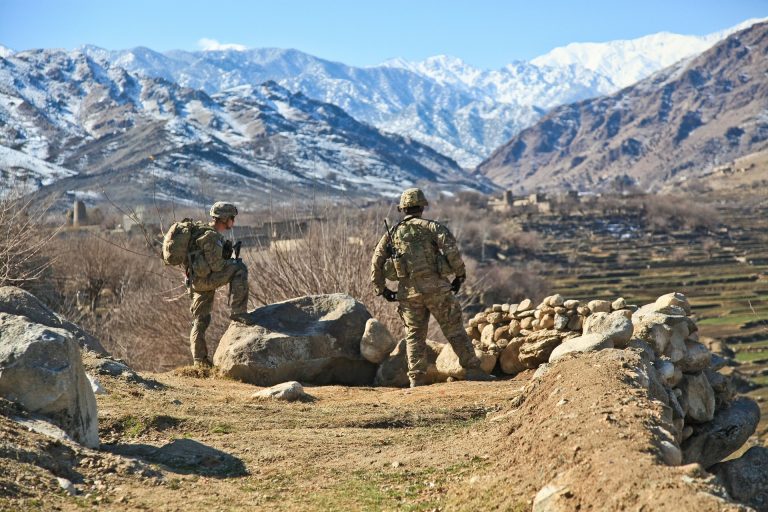It’s been more than a week since the Taliban seized power in Afghanistan, and the world is still largely undecided on how to deal with the new regime that has a history of supporting terrorist activities. However, China and Russia have both indicated that they are willing to work with the new “government.”
Afghan news outlet Pajhwok cited analysts saying China and Russia, both neighbors of the Taliban-controlled nation, would likely adopt policies to maximize stability in the region.
One of the reasons China is seeking to cooperate with the Taliban is the fact that Afghanistan is home to vast reserves of rare earth metals worth trillions of dollars. These materials are critical for the manufacturing of modern high-tech products like batteries, solar panels, missiles, and so on.
An Aug. 18 article published by Beijing-run Global Times accuses America of being afraid of “possible advancement for China with regard to the rare-earth sector” in Afghanistan.
After the Taliban assumed control, China was one of the first countries to show support for the regime. Foreign Ministry spokesperson Hua Chunying stated that Beijing respects the “will and choice of the Afghan people” and expressed hope that the Taliban can build a “broad and inclusive political framework” in the country.
Success
You are now signed up for our newsletter
Success
Check your email to complete sign up
In an interview with CNBC, Neil Thomas, China, and Northeast Asia analyst at Eurasia Group, pointed out that Beijing’s decision to offer the Taliban diplomatic recognition and economic assistance could be motivated by a desire to protect its security interests. Beijing worries that Afghanistan will become a haven for members of the East Turkestan Islamic Movement that it classifies as an Uyghur extremist group.
Ian Johnson of the Council on Foreign Relations pointed out that the relationship between China and the Taliban is “tricky” due to Beijing’s repression of Uyghur Muslims in Xinjiang. At least one million Uyghurs are estimated to be in internment camps run by the Chinese Communist Party (CCP).
“If they [Xinjiang] have an Islamist political party that is… running a neighboring country, that could be, potentially, a problem for China. At least optically, it seems kind of weird that, on the one hand, Beijing… would be willing to work with [the Taliban]. On the other hand, Islamist groups in Xinjiang are such a problem,” Johnson said.
Russia’s foreign ministry claimed that Kabul is “stabilizing” following the Taliban takeover. The Kremlin has many interests in Central Asia, including a military base in Tajikistan. Like China, it hopes to prevent threats from Afghanistan by offering a friendly hand to the Taliban.
“The Taliban movement currently controls virtually the entire territory of the country, including its capital. These are realities… And we should act based on these very realities, not allowing the Afghan state’s breakup,” Russian President Vladimir Putin said at a press conference.







